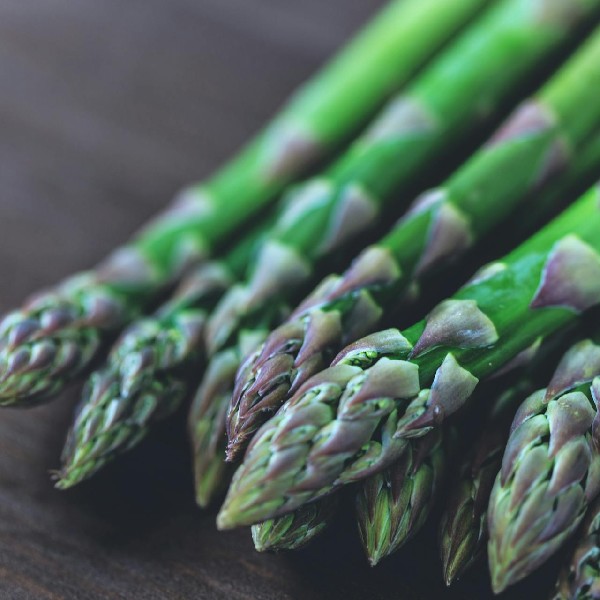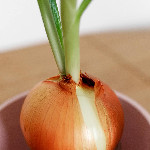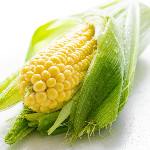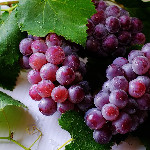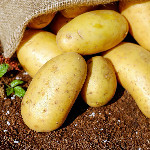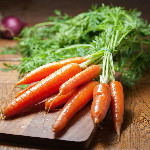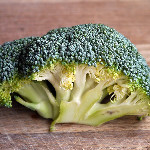The Origins and Varieties of Asparagus:
Asparagus has been prized for its culinary and medicinal properties for thousands of years. Believed to have originated in the Mediterranean region, asparagus is now cultivated in many parts of the world. There are several varieties of asparagus, including green asparagus, which is the most common type found in grocery stores, as well as white asparagus, which is grown underground to prevent exposure to sunlight, resulting in a milder flavor and tender texture.
Nutritional Benefits of Asparagus:
Asparagus is not only delicious – it's also packed with nutrients and health benefits. It's low in calories and rich in vitamins and minerals, including vitamin K, folate, vitamin C, and potassium. Asparagus is also a good source of fiber, which aids in digestion and helps promote a feeling of fullness. Additionally, asparagus contains antioxidants like glutathione, which help protect against oxidative stress and reduce the risk of chronic diseases.
Culinary Versatility:
Asparagus is incredibly versatile in the kitchen, lending its tender texture and delicate flavor to a wide range of dishes. From simple roasted asparagus with olive oil and garlic to asparagus risotto, pasta primavera, and asparagus quiche, this vegetable adds depth and complexity to both savory and sweet recipes. It can be steamed, grilled, roasted, or sautéed, making it a favorite among chefs and home cooks alike. And let's not forget about the joy of biting into a tender, flavorful spear of asparagus – a simple pleasure that never fails to satisfy.
Asparagus in Sustainable Agriculture:
As consumers become more conscious of the environmental impact of food production, sustainable agriculture practices have become increasingly important in the asparagus industry. Many asparagus growers are adopting eco-friendly farming methods, such as organic farming, crop rotation, and water-efficient irrigation, to minimize their environmental footprint. By supporting sustainable asparagus producers, consumers can enjoy their favorite vegetable while also supporting the health of the planet.
Asparagus in Culture and Tradition:
Asparagus holds a special place in many cultures and culinary traditions around the world. In European cuisine, especially in countries like France and Germany, white asparagus is considered a delicacy and is celebrated during the spring season. In Asian cuisine, asparagus is often used in stir-fries, noodle dishes, and soups. Asparagus is also a symbol of fertility and prosperity in some cultures, often eaten during festivals and celebrations.
Conclusion:
From its ancient origins to its modern-day popularity, asparagus continues to be a beloved vegetable enjoyed by people everywhere. With its tender texture, delicate flavor, and impressive nutritional profile, asparagus is a versatile and nutritious addition to any diet. So the next time you're planning a meal, be sure to include plenty of asparagus – your taste buds and your body will thank you for it.
